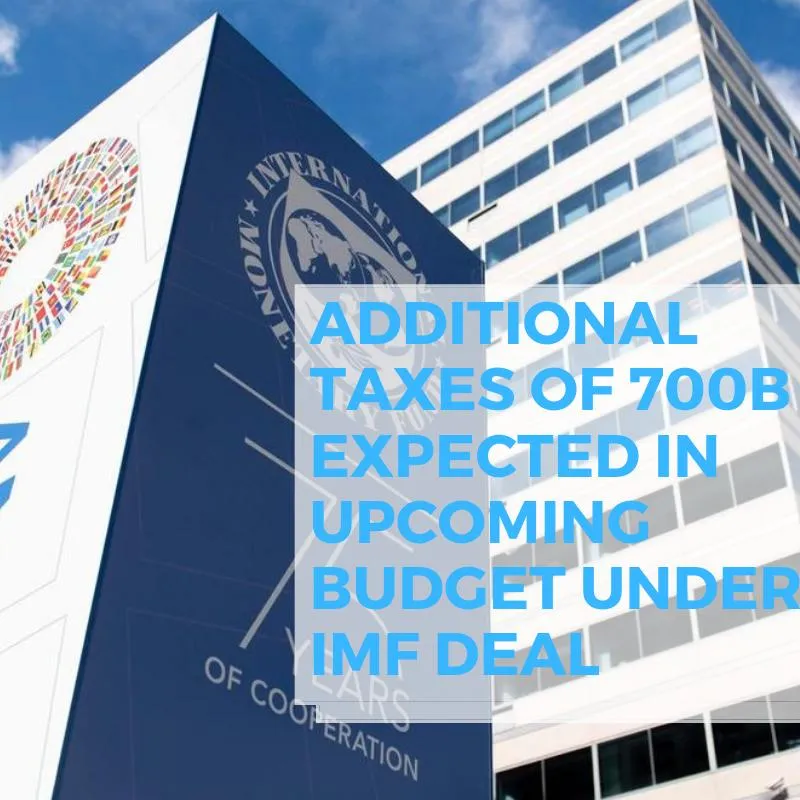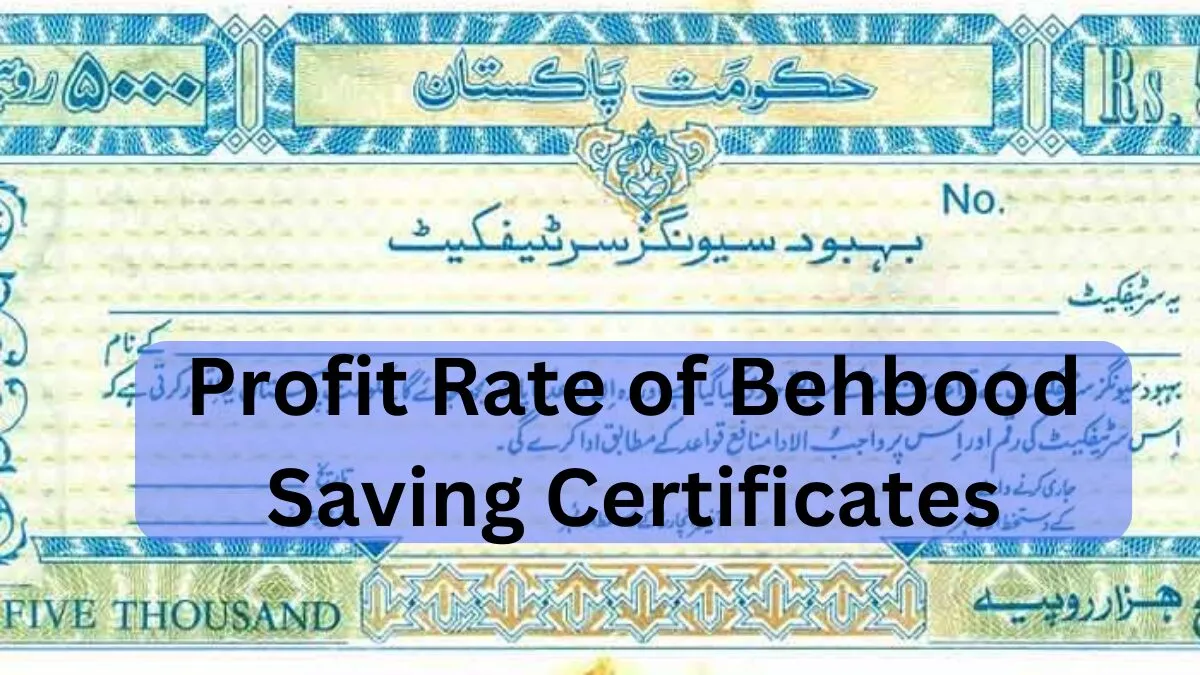Under the International Monetary Fund (IMF) agreement, Pakistan will raise additional revenue of 1.4% of its economy size or more than Rs. 700 billion to achieve its tax collection target in the next financial year.
Sources in the finance ministry told the Express Tribune that the increase in revenue would include the burden of income tax on business people and the corporate sector. The salaried class, especially those in the higher income regions, will have to suffer more in the next financial year.
He added, “From July this year, the government will also recover about Rs. 360 billion or .7% of GDP from the withdrawal of sales tax exemptions.”
“The parties have also agreed to reduce the Federal Board of Revenue’s tax collection target of Rs 4.963 trillion for the current financial year by about Rs 250 billion,” He Said.
IMF announced third installment
Pakistan and the International Monetary Fund (IMF) on Tuesday announced the signing of a staff-level agreement aimed at restoring the $6 Billion program. With the approval of its executive board, the fund also announced a third tranche of $ 500 million – $1.7 billion less than originally scheduled. The IMF board is expected to meet before the end of next month to approve Pakistan’s four pending assessments and approve the next loan.
IMF Demands
In its work, the IMF said the program’s “goals are supported by measures including careful tax management and corporate tax reform to improve revenue and make it more transparent.” Sources said that as part of the agreement for the next financial year 2021-21, the FBR target will be Rs 6 trillion or 28 per cent higher than the revised target for this financial year.
The FBR will need to raise an additional Rs 1.3 trillion in the next financial year, including more than Rs 700 billion through additional revenue measures. The remaining Rs 600 billion is expected to be raised through its existing revenue base.
The IMF was demanding a tax target of Rs 6.6 trillion for the next financial year, which the government did not agree to. The target is still less than by Rs 2 Trillion, What the IMF had already suggested under the original agreement for the next financial year, in July 2019. Pakistan’s economy is recovering from a slowdown and growth will be a difficult task for the FBR to pursue.
Revision of Business and Salary Class Tax Exemption Limits
Pakistan and the IMF have agreed on some basic principles for taxing personal income. The IMF has asked Pakistan to revise the existing income tax exemption threshold of Rs 400,000 for businessmen and Rs 600,000 for the salaried class, which has declared the slabs to be higher than international standards.
Revision of Business and Salary Class Tax Slabs
International lenders have called on the government to reduce the number of income tax slabs from the current eight for business class and from current 12 slabs of salaried class to five. Reducing the number of slabs will increase the tax burden on those on higher income lines.
Another important demand of the IMF is to abolish the existing various income tax rates of interest income, profit and professional income tax and to collect from these heads like a person’s regular income source.
Withdrawal of Tax Exemptions
Sources said that about four dozen different income and sales tax exemptions will be withdrawn through legislation.
Tax Burden
During the first year of the IMF program, the government introduced measures to impose more than Rs. 735 billion to achieve the tax target of Rs. 5.5 trillion. But these measures did not help the government achieve its goal, despite putting an extra burden on the people.
Source | IMF | Budget | FBR | Federal Board of Revenue | International Monetary Fund | Taxes |







One comment on “Additional Taxes of 700 billion expected In Upcoming Budget under IMF Deal”
Comments are closed.